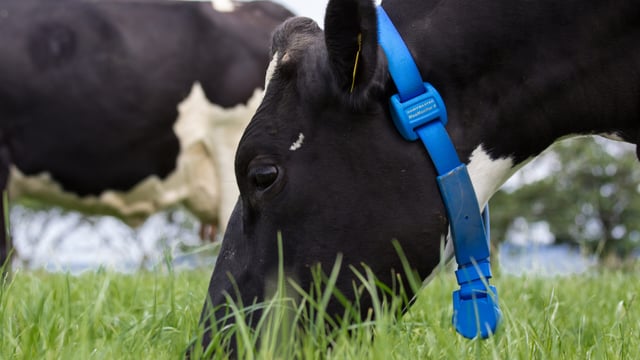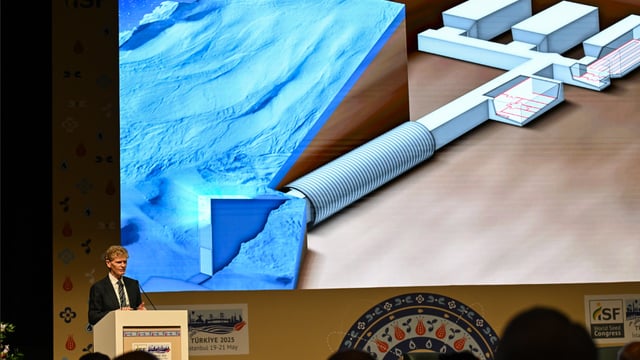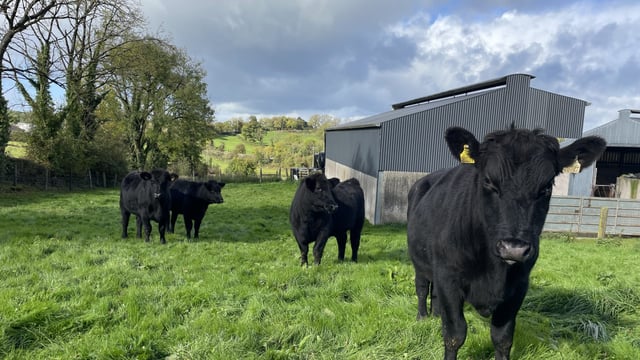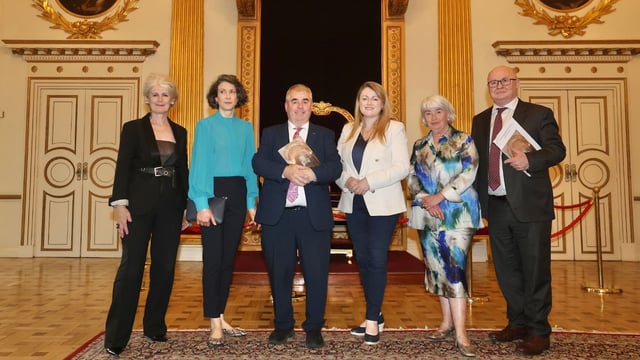Tánaiste unconvinced Irish Mercosur concerns have been 'adequately addressed'
The Tánaiste is unconvinced that Ireland's concerns about the Mercosur trade agreement have been "adequately addressed".
According to Simon Harris both he and his officials continue "to engage at EU level at every opportunity, with both the European Commission directly through the trade Commissioner Maros Sefcovic and with counterparts in EU member states, including France, to "voice our concerns with the agreement".
Harris, also the Minister for Foreign Affairs and Trade, said both he and his officials have sought to "interrogate the outcome of negotiations to assess if our concerns have been adequately addressed".
But speaking in the Dáil on trade agreements last week the Tánaiste said: "I am not convinced they have been".
The Tánaiste also reiterated to TDs that the government's policy is to "work with like-minded EU countries to stand up for Irish farmers and defend our interests in opposing the current Mercosur trade deal".
Mercosur
But, the Sinn Féin TD for Louth, Ruairí Ó Murchú, challenged the Minister for Foreign Affairs and Trade in the Dáil to detail exactly what engagement the Irish government has had with the commission and "what answers have been given by the commission" in relation to the Mercosur agreement.
The Tánaiste said he had a "significant one-on-one meeting" with his French counterpart specifically about Mercosur and that the government's "links and engagement with France on this remain intense and ongoing".
"Our position within the European Commission is very well understood. I do not think other member states would be in any way surprised by Ireland's position. What happens next is important.
"At the moment, the agreement is undergoing a legal scrubbing, after which it will be translated into all the EU languages.
"It is worth repeating that there is still a degree of uncertainty over what form the final commission proposal to member states will take," the minister stated.
According to Simon Harris "there is one of two ways it can go".
"It can go as what is called a mixed agreement - this would require unanimous member state approval, which clearly does not exist, or it could go as a split agreement, with the trade elements applied on an interim basis, which would require approval at council under qualified majority voting.
"That is where the question arises as to whether there is a blocking minority, for want of a better phrase," he added.
The Tánaiste emphasised that it is his "sense of the situation is that a number of member states remain resolute in their opposition" to Mercosur.
He is also of the opinion that Europe, including its member states and the European Commission, "must get better at working out how we can engage with farmers and the agriculture sector earlier on in the process".
The minister said: "As we go forward, we must look at how we can involve farmers and the agriculture sector in protecting their interests much earlier in the process in order that we do not end up with a trade agreement that has good elements but leaves us asking, 'what about the farmers?'
"That is not a clever way for us to proceed".












